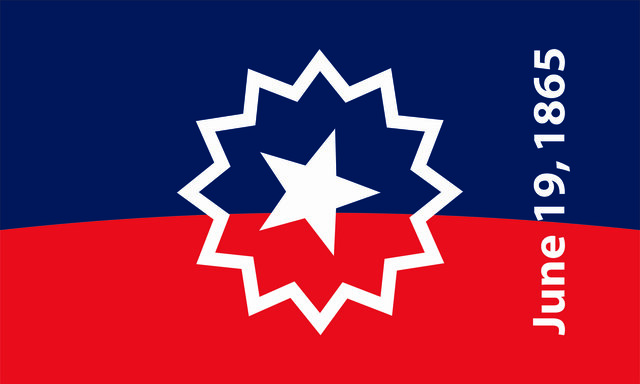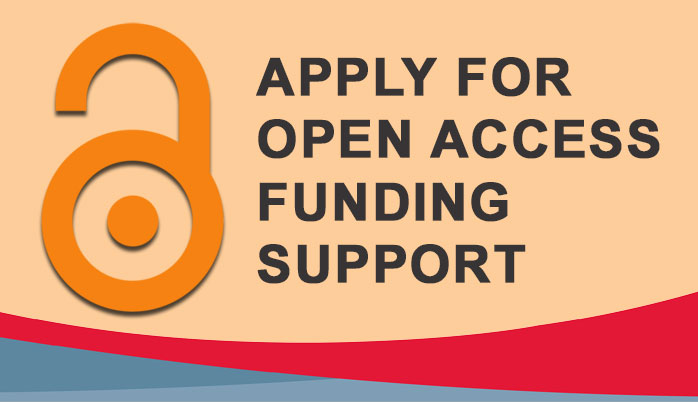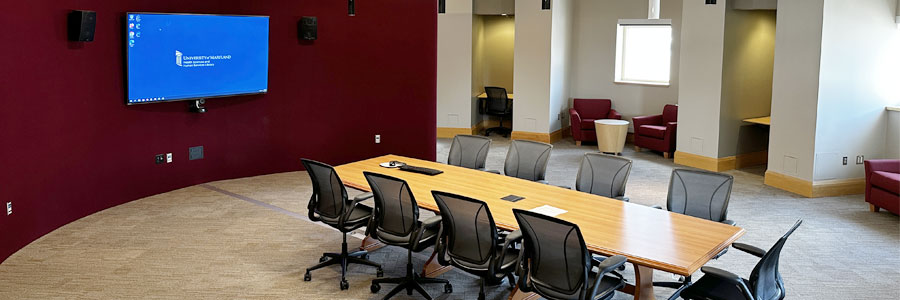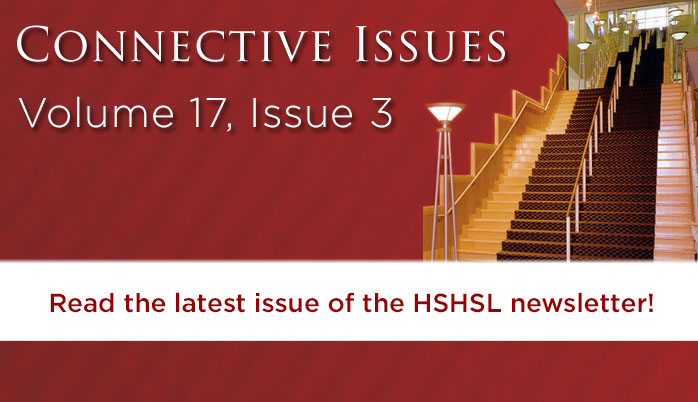For the past three years, the HSHSL has been able to reimburse early-career researchers for half of the publishing fees for articles accepted by entirely open access journals. The program has been very popular, with over 45 awards made.
Happily, funding has been secured to continue the program in FY 24, and applications will again be accepted beginning July 1, 2023. Awards are made to early-career researchers who are listed as the first author in the published article. Early career researchers are defined as students or faculty members with the rank of assistant professor or below. Applicants also agree to submit their article to the UMB Digital Archive.
As July 1 approaches, please visit the Publishing Fund webpage for more information and an application form.










